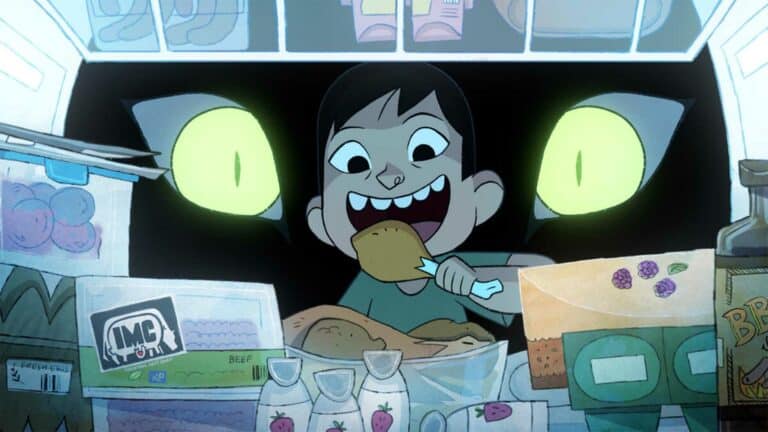Greenpeace has teamed up with the Brazilian star of Netflix’s Narcos to produce the follow up to its viral campaign, Rang-tan.
The original film achieved mainstream notoriety when North West supermarket chain, Iceland said it wanted to use the animation as its 2018 Christmas campaign. However, it breached political rules.
The new campaign, There’s a Monster in my Kitchen, denounces the role of industrial meat in forest destruction and is narrated by Wagner Moura, who plays drug lord Pablo Escobar in Narcos.
“There are few more incredible and precious places on earth than rainforests like the Amazon. Yet many don’t know that the meat and dairy products sitting in our refrigerators could be responsible for the fires and chainsaws devastating the Amazon and other vital forests. Monster meat companies continue to clear forests at an astonishing rate, all to produce the meat in our kitchens. We need to take action before it’s too late,” said Moura.
“I’m so pleased to be working on this crucially important film with Greenpeace. This fight has never been more urgent. Together we can stand against the industrial meat companies razing our precious forests. I hope this film inspires many more to join our mission to protect forests.”










